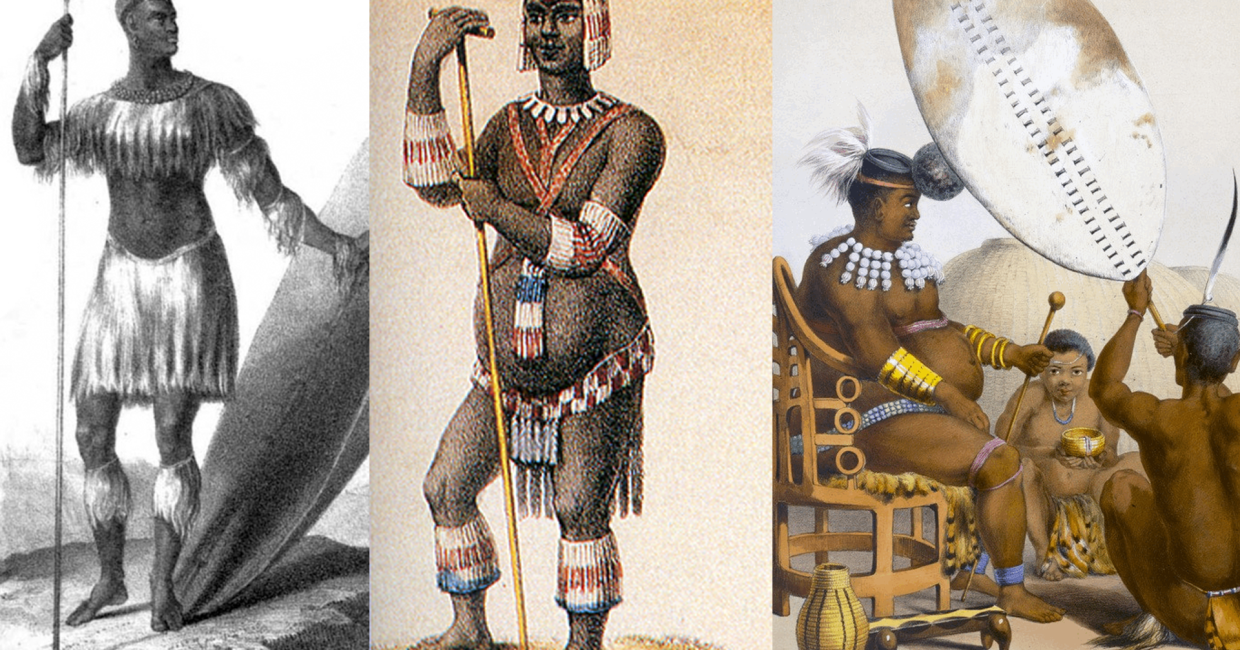The origins of the Zulu Kingdom
History
The Zulu Kingdom, also known as the Zulu Empire, was a powerful monarchy in Southern Africa. Established by the visionary Shaka Zulu during the 1810s, it united rival clans with a formidable standing army and expanded its influence along the picturesque Indian Ocean coast, from the Tugela River in the south to the Pongola River in the north.
Though it faced challenges, including a bitter civil war in the mid-19th century, marked by the dramatic 1856 Battle of Ndondakusuka between brothers Cetshwayo and Mbuyazi, the spirit of the Zulu nation remained resilient. In 1879, the British launched an invasion, igniting the Anglo-Zulu War. The Zulus achieved a remarkable initial victory at the Battle of Isandlwana in January, showcasing their fierce determination, but ultimately faced defeat at the Battle of Ulundi in July. This marked a pivotal moment, as the kingdom was absorbed into the Colony of Natal and eventually became part of the Union of South Africa, yet the legacy of the Zulu spirit continues to inspire generations.

Shaka, born around 1787, was the illegitimate son of Senzangakhona, the Chief of the Zulus. Following his birth, Shaka and his mother, Nandi, faced exile from the Zulu kingdom and sought refuge with the Mthethwa. There, Shaka trained as a warrior under Dingiswayo, the leader of the Mthethwa Paramountcy. After Senzangakhona’s death, Dingiswayo assisted Shaka in rising to power, and upon Dingiswayo’s own demise at the hands of Zwide, king of the Ndwandwe, around 1816, Shaka took command of the Mthethwa alliance.
Initially, Shaka’s clan consisted of only a few thousand individuals; however, it significantly expanded to about 45,000 by incorporating neighboring clans. He implemented notable military reforms, introducing advanced battle techniques, rigorous training, and strict discipline. One of his key innovations was the transition from long-throwing spears to more effective short-stabbing spears. He organized conscripted men into a distinct standing army known as the amabutho, separating them from broader Zulu society for training purposes.
Shaka’s leadership was crucial during significant conflicts, notably surviving Zwide’s first attack at the Battle of Gqokli Hill in 1818. Within two years, he managed to defeat Zwide at the Battle of Mhlatuze River in 1820, dismantling the Ndwandwe alliance. This led to a brutal retaliatory campaign against other Nguni tribes, triggering what became known as the Difaqane or Mfecane—a mass migration of clans fleeing the Ndwandwe’s violence, extending as far as present-day Tanzania and Malawi. The conflict caused catastrophic population declines across the region, though exact numbers remain unclear. By 1822, Shaka had expanded his domain into an empire of approximately 80,000 square miles, stretching between the Pongola and Tugela Rivers.
In addition to the Zulu, an offshoot known as the amaNdebele, also called the Matabele, established a formidable empire under King Mzilikazi, which encompassed large swathes of the highveld and parts of modern-day Zimbabwe.
